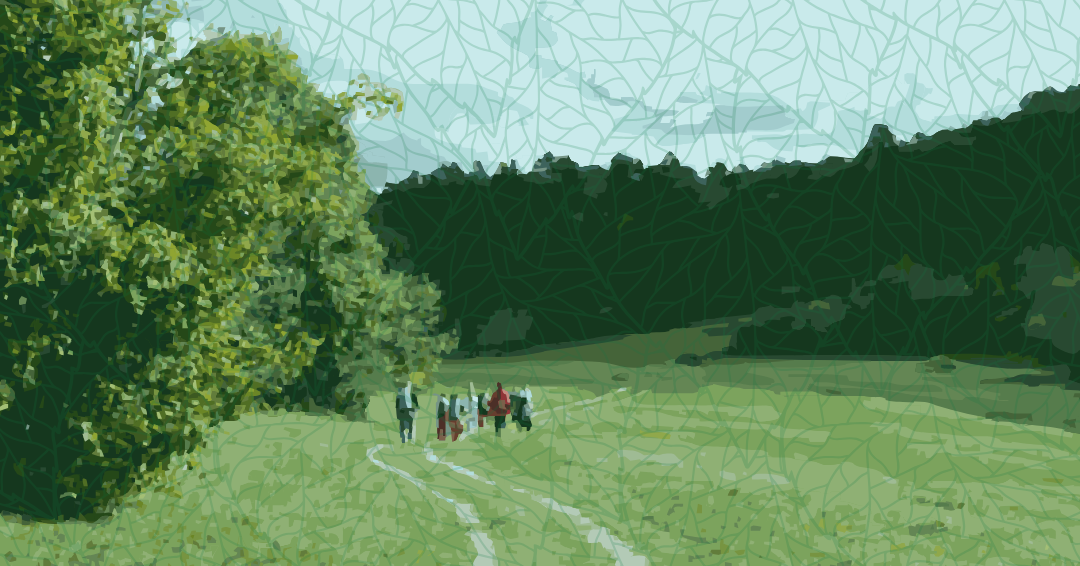
In this article, Shruthi documents the work of an empowering self-help group, Khili Buransh, in a remote Himalayan village in Uttarakhand, India. Shruthi explains how Khili Buransh leads a silent revolution against the prevailing capitalist-intensive, extractive, patriarchal, and casteist system.
Justice • 03.11.2025

By: Tom Webb
Degrowth and veganism have plenty in common. In this piece, Tom Webb explores what each movement can learn from the other.
Justice • 01.09.2025

By: Members of Research & Degrowth International
We stand in unconditional solidarity with Palestine and with the liberation of Palestine and the Palestinian people. Because their freedom is bound up with the freedom and survival of all oppressed peoples. Because there can be no Degrowth future without freedom for Palestine. Because Degrowth is fundamentally a liberation struggle; liberation from the Growth paradigm which relies on a colonial system of extraction, exploitation and vast inequalities in order to function.
Justice • 15.08.2025

By: Valentina Donato
The industrial production behind flower shops tells a dark story of human exploitation, environmental destructions and health threats. Valentina Donato writes about women organizations in Columbia fighting for their rights.
Justice • 23.05.2025

By: Francis Annagu
Environmental activist, Francis Annagu, writes about the Boki women's fight against relentless timber extraction and wildlife trafficking in the forests of Cross River State, Nigeria.
Justice • 14.03.2025

By: Áine Donnellan
Walk Peace EU's marches for justice gather people together to walk across country borders and connect. This invitation to 'walk the talk' prompts us to question whether we live what we preach, then act on the insights gained during the walk.